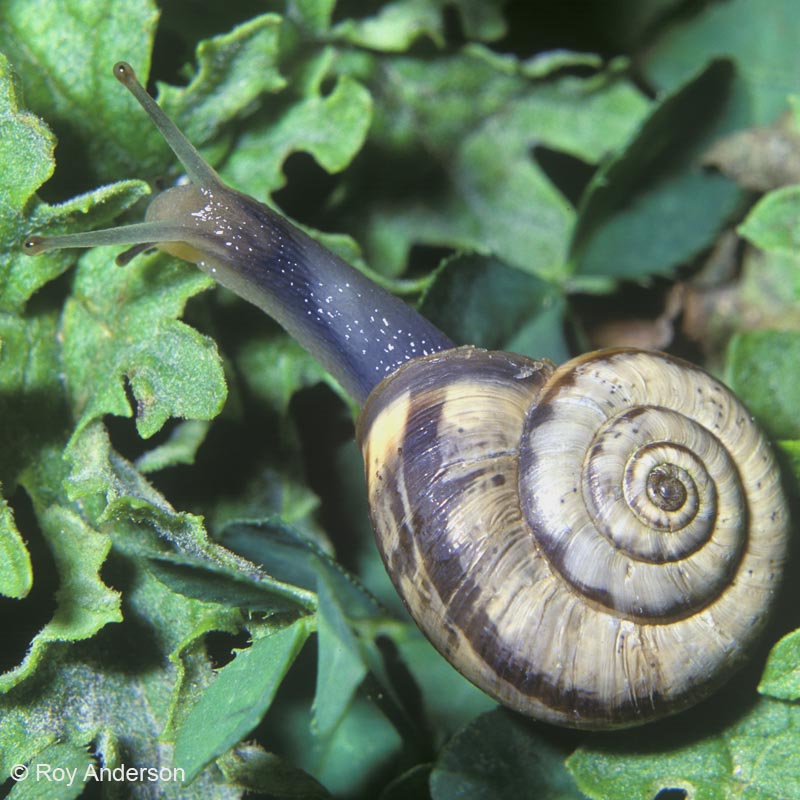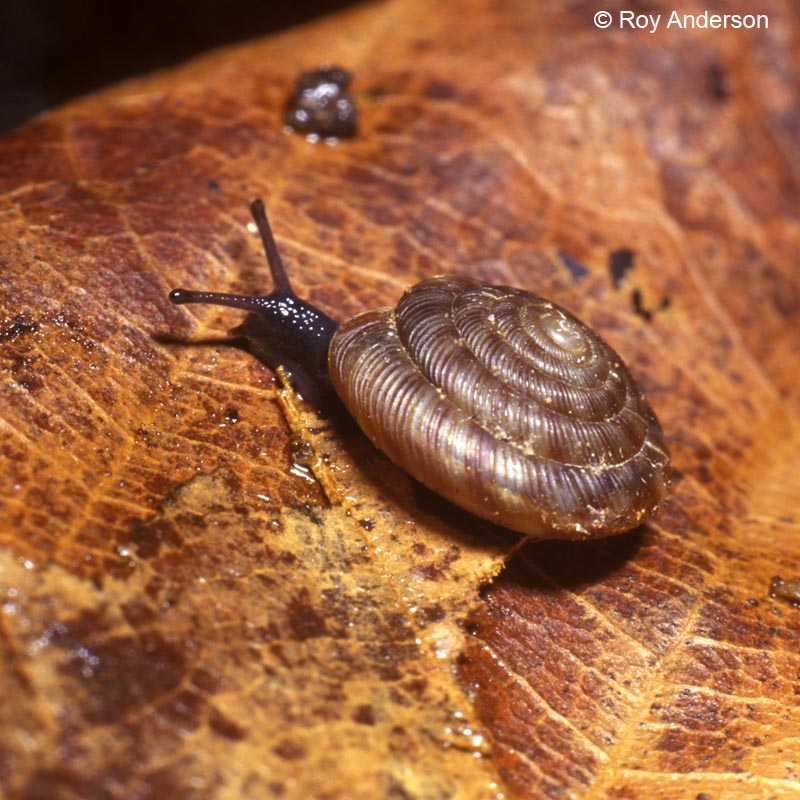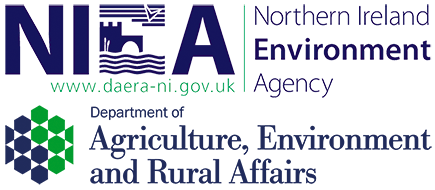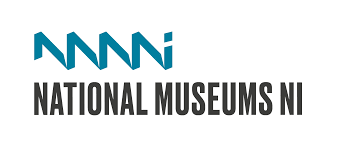
The MolluscIreland Project


Recording molluscs
The project is a three year study aimed at filling in gaps in our knowledge of Irish non-marine molluscs.
There is a long history of recording molluscs in Britain and Ireland. A period of intense recording took place between 1892 and 1914 (Kerney, 1999) with a number of publications appearing in the Irish Naturalist and Proceedings of the Royal Irish Academy (Scharff, 1892; Stelfox, 1911) plus a book on Irish slugs (Scharff, 1891). Much recent recording in Ireland has been fostered by the Conchological Society of Great Britain and Ireland with a number of field trips to Ireland held by British members between 1968 and the 1980s, and led by the Society Non-marine Recorder Dr Michael Kerney (Kerney, 1968, 1972, 1976). A few recorders based in Ireland have since continued to amass records and a recent red-listing exercise for Irish molluscs was able to call upon a total of 80,000 records derived from the database of the Conchological Society and from private individuals (Byrne et al., 2009).
As part of the current project, training sessions have been held across Ireland to train volunteers with the object of encouraging fresh recording effort. The red-listing exercise has highlighted declines in many mollusc species in recent decades and more information is urgently required to determine if the declines are real or artefactual, and their cause. In total 47 species have been assigned to the IUCN Red List categories RE (regionally extinct), CR (critically endangered), EN (endangered) or VU (vulnerable) which is an alarming state of affairs. It is hoped that by encouraging increased interest in Irish molluscs more can be done to head off the risk of extinction for some of these species which are important not just locally but globally.
Participation in mollusc recording
If you are interested in contributing records to the scheme and wish to know more, please contact Roy Anderson
a: Dr Roy Anderson, c/o CEDaR, National Museums Northern Ireland, 153 Bangor Road, Cultra, Holywood, Co. Down, BT18 0EU
t: +44 (0)28 9039 5256 (CEDaR)
e:




